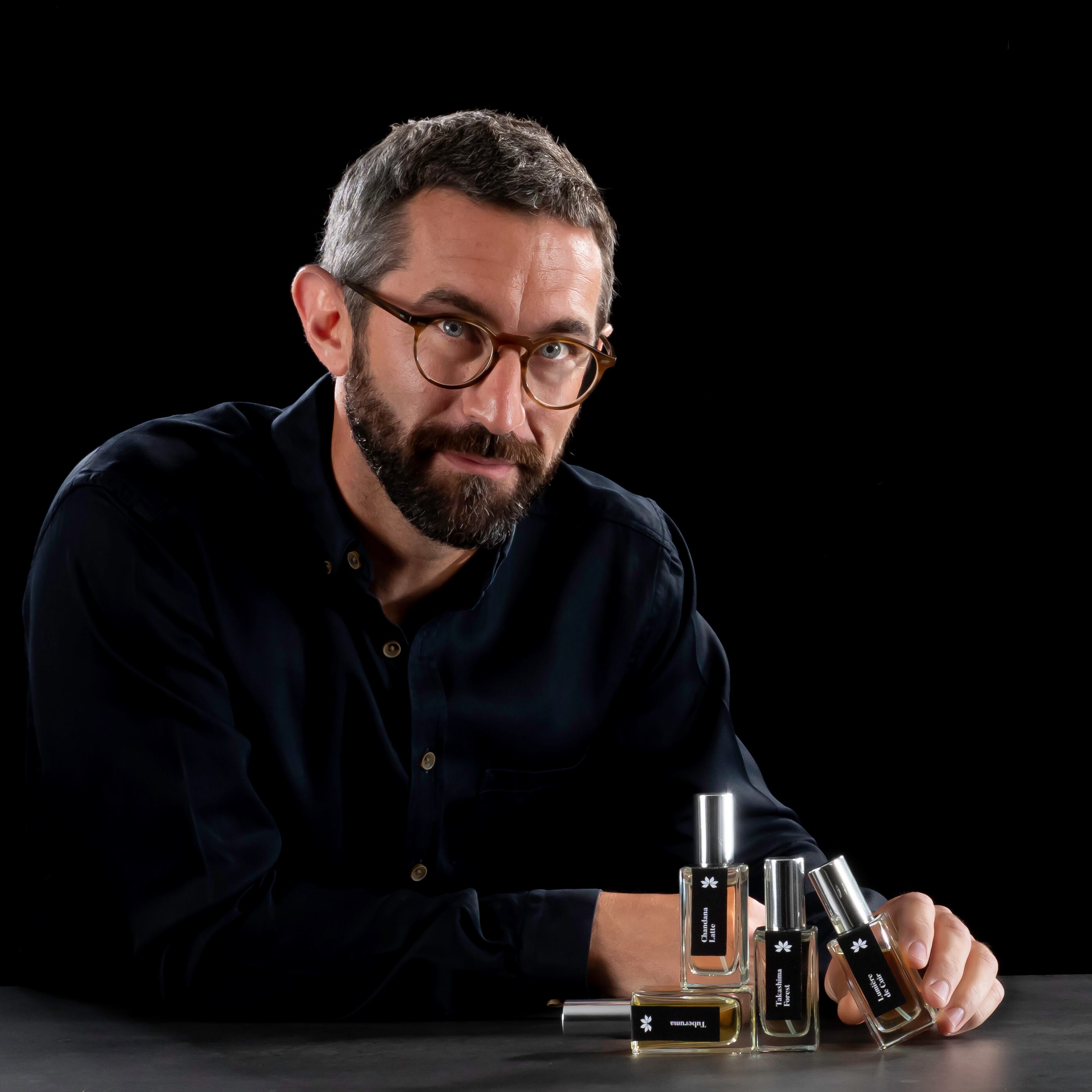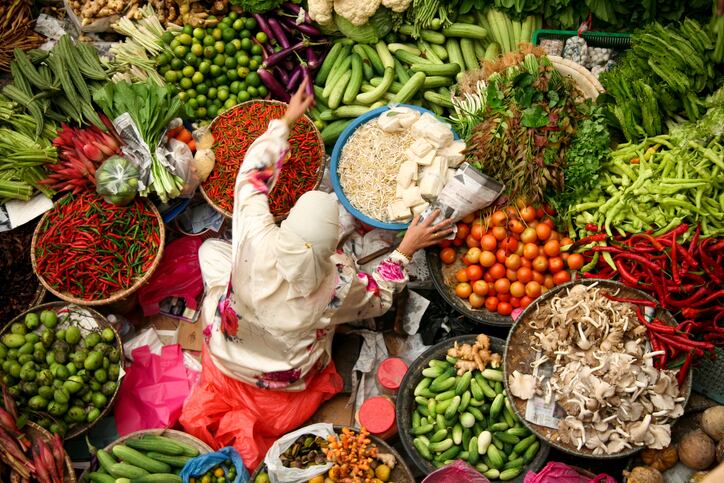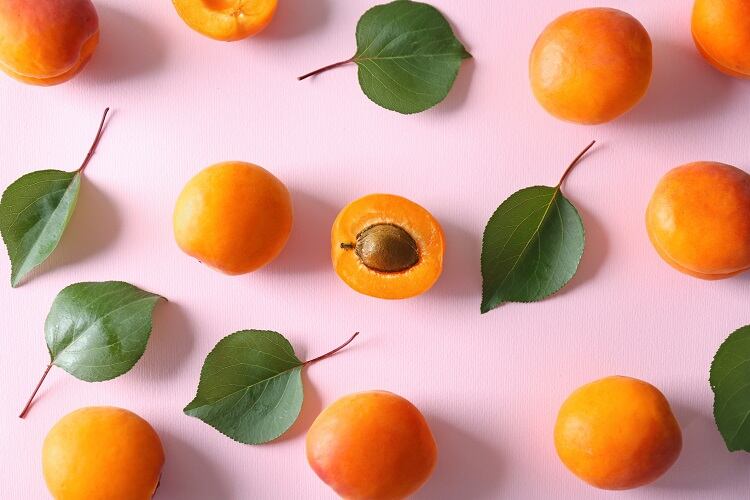Spices have been used and valued in fragrances for centuries, steeped in a fascinating history dating back to Egyptian times. In modern perfumery, spices represented important accords in iconic perfumes, like Old Spice from 1937 featuring nutmeg, pimento and cinnamon, Opium from 1977 using clove and cinnamon, and Terre d'Hermès from 2006 made with black and pink pepper and cardamom – perfumes hugely popular at the time and still popular today.
And Lucas Sieuzac, senior perfumer at Spanish-headquartered global fragrance firm Eurofragrance, said spices would continue to be important in modern perfumery for years to come.
“The trends show that spice will be, and already is, a trend. So, now companies and perfumers are working on new accords of spice that you’ll see maybe in two years’ time,” Sieuzac told the press in Eurofragrance’s ‘spice up your fragrance’ webinar today.
A fragrance future for fresh spices and veggies
Detailing how perfumers worked with spices, he said they categories spice into families: fresh and warm. The fresh family of spices, he said, included the likes of black, white and pink pepper, turmeric, ginger and cardamom and the warm spice family featured nutmeg, cinnamon, saffron and clove, among others. And with use of improved extraction technologies, these spices could be used in fragrances in a very intact and ‘close to nature’ way, he said.

Asked how exactly the spice trend may evolve in perfumery in the coming years, Sieuzac told CosmeticsDesign-Europe that future design would pivot on the fresh spice family.
“I think it will be about a freshness (…) Freshness brought by fresh spices like cardamom, pepper, Sichuan pepper, ginger,” he said. And current processing and technologies would enable clean extraction of these spices to help bring a “new freshness” to the final perfume, he said.
During the webinar, Sieuzac presented four short formula fragrance creations that he had worked on for three months – all featuring prominent fresh spices married with the likes of leather, sandalwood and turmeric. “I wanted to make something really understandable, and super artistic and conceptual (…) And I wanted something super obvious.”
Beyond fresh spices, Sieuzac said he was also working extensively with vegetables; working to develop new accords for use in fragrances in the coming years.
“Veggies will be something trending in the next few years, because we use fruits, flowers, spice and woods but we never use a lot of veggies in perfume. And there is a sensation – crunchy, mouth-watering – something really special about veggies.”
From field to fragrance – sustainability remains at the fore
Asked how important sustainability and provenance would be when incorporating spices sourced from all over the world, Sieuzac said: “Now, in every part of the business, people are really conscious about sustainability and we should really work in a sustainable way.”
The processing of spices from field to table or field to fragrance was often lengthy and complex, he said, involving exhaustive processes along the way. And so, when sourcing spices, he said it was vital fragrance manufacturers and perfumers worked with sustainable raw material suppliers.
“We cannot work anymore like in the 50s – consuming and you don’t give a damn,” he said.




